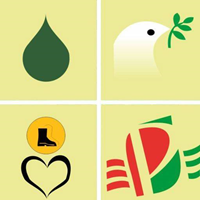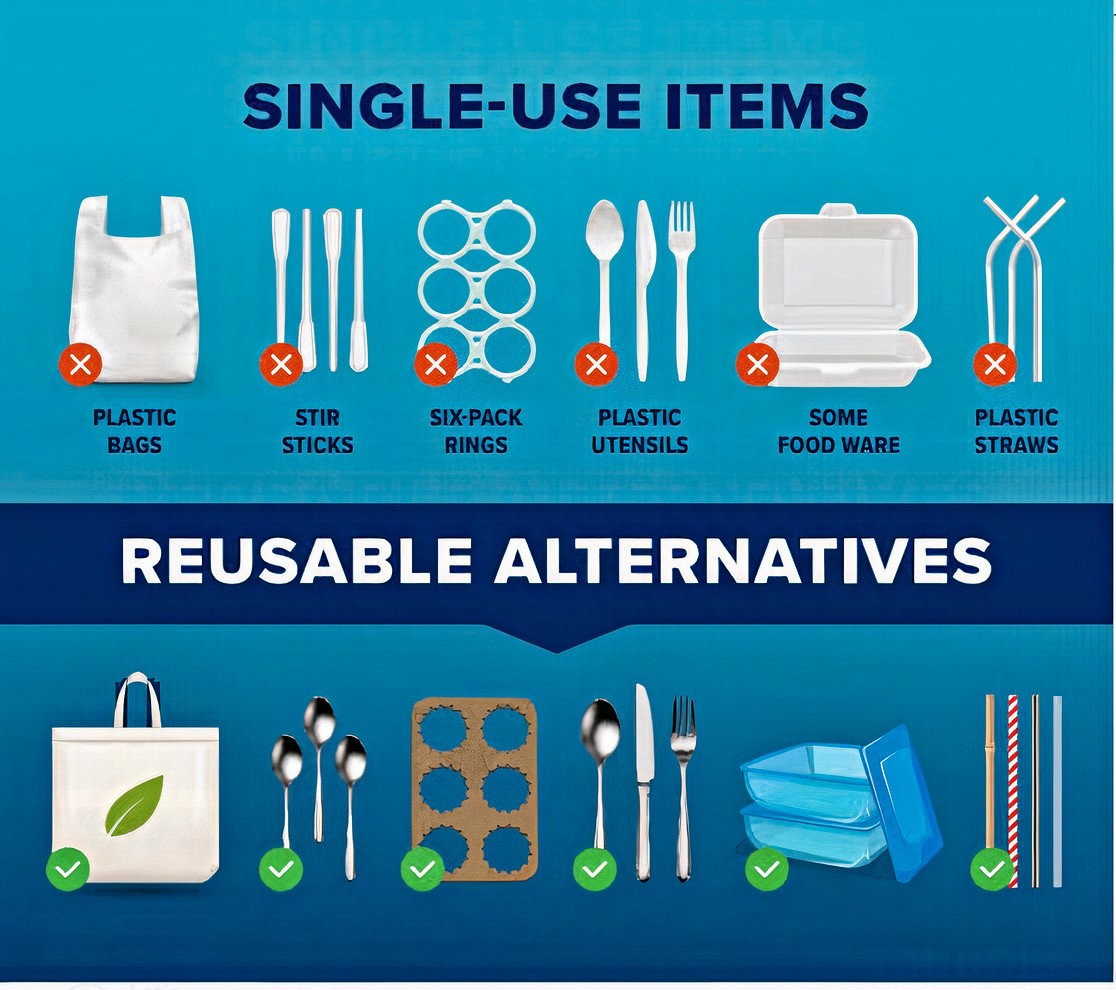Straw accompanying our chilled coffee, a plastic bag for takeout transport, a covering on a chocolate bar—individually not harmful, these modern conveniences are so much everywhere and rapidly discarded that they barely register in our consciousness. Yet, the environmental toll of single-use plastics is exorbitant, a debt we are bound to for centuries. Our dependence on plastic has dire consequences for oceans, wildlife, and human health. Essentially, single-use plastics are products primarily composed of petrochemicals, derived from fossil fuels, designed for immediate disposal, often within minutes. Commonly employed for packaging and service ware, including bottles, wrappers, straws, and bags, these plastics have become emblematic of our disposable culture. While plastic, a chain of synthetic polymers, originated in the mid-19th century, its widespread adoption surged in the 1970s. Manufacturers replaced traditional paper or glass items with lighter, more durable, and cost-effective plastic alternatives. A 2017 study, "Production, Use, and Fate of All Plastics Ever Made," published in Science Advances, reveals that 8.3 billion metric tons of plastics have been produced since the 1950s, with half of that in the past 15 years. While some plastic uses, like surgical gloves or straws for people with disabilities, are reasonable and necessary, they constitute a minor fraction of single-use plastic. More than half of non-fiber plastic, excluding synthetic fabrics, comes from plastic packaging alone. This reliance on single-use plastics exemplifies the pitfalls of our throwaway culture, prioritizing convenience over durability.
The United Nations Environment Programme reports a global annual plastic production of 300 million tons, half of which caters to single-use items—nearly equivalent to the weight of the entire human population.
To mitigate this issue, reducing plastic use emerges as the most effective strategy. Employing reusable bags and bottles in daily life can help avoid single-use plastics. Additionally, recycling plastic, especially the commonly recycled polyethylene terephthalate, diminishes its environmental impact. However, a staggering 91 percent of all plastic is not recycled, ending up in landfills or the environment. Recycling challenges persist for small items like straws, bags, and cutlery, making them hard to process at recycling centers. Plastics, left untreated, do not decompose but fragment into microplastics over time, posing risks to wildlife and human health.
These microscopic particles, often intentionally small like microbeads or microfibers, pervade water bodies and ecosystems globally. Microplastics can accumulate inside animals, causing health issues and, when consumed, impact human health. Chemicals added during plastic processing, including known endocrine disruptors, can lead to hormonal imbalances, reproductive problems, and cancer.
Below are some Plastic facts you should be aware of



Credit: GetPlasticsRight.ca
In line with this development, the Lagos State Government's commendable decision to ban polystyrene (Styrofoam) and single-use plastics is a positive step, considering the environmental impact. The move should be rigorously enforced to improve liveability, health, and the environment. Urgently, other states, the Federal Government, and the Federal Capital Territory should follow suit. Lagos faces hygiene and waste disposal challenges, generating 870,000 tonnes of plastic and losing N7 billion annually managing waste. The ban addresses the eyesore of plastic litter on roads, gutters, and estates.
The lack of sufficient notice before the ban, however, raises concerns about its impact on businesses. The global plastic waste crisis is alarming, with 400 million tonnes of plastic waste annually, and 36 percent of it being single-use plastics. Polystyrene and plastic bags take 500 years to decompose, causing environmental havoc. Microplastics contaminate water bodies, threatening marine life and human consumption of seafood. Nigeria must align with global efforts for environmental sustainability.
By 2021, Nigeria joined the top 10 countries with the highest plastic waste released into the ocean, and projections suggest it may become the largest plastic waste producer by 2025. The World Bank emphasizes the need for Nigeria to cultivate environmentally friendly habits and incentivize eco-friendly businesses. Several countries, like Taiwan, Kenya, Rwanda, and Canada, have implemented comprehensive bans on single-use plastics. Nigeria with its uniqueness should explore alternatives like paper, leaves, cans, bio-plastics, and glass bottles for food packaging. Achieving a sustainable environment requires collaborative efforts from state, local, and federal governments, involving citizens in enforcing the plastic ban.

